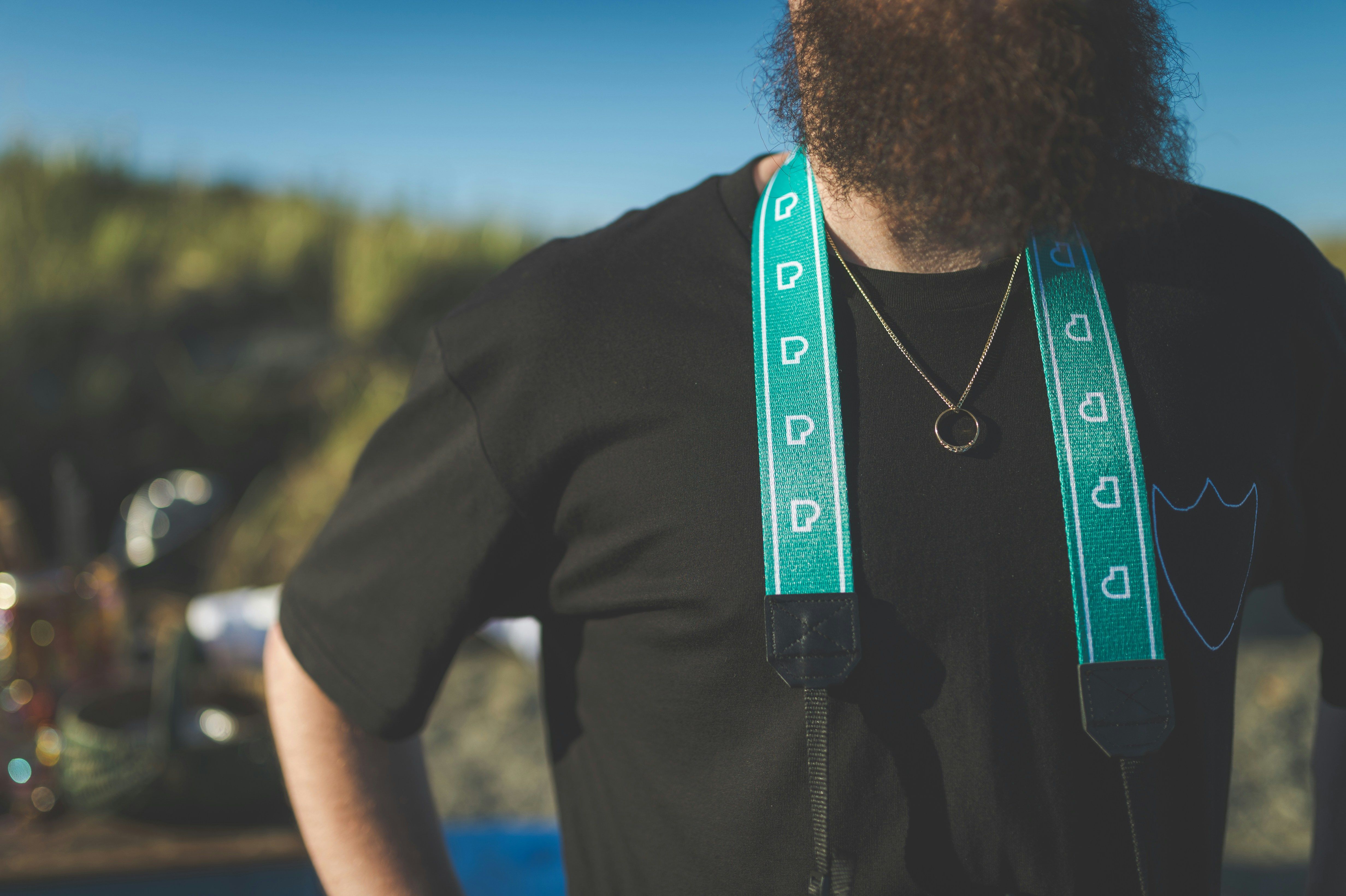Vaccination against shingles could potentially reduce the risk of heart disease by as much as eight years.
Shingles Vaccine Unearths Surprising Heart Health Perks
We've always known the shingles vaccine keeps you from getting shingles. Now, a new study reveals it could also ward off heart problems for up to eight years!
Growing older means facing the reactivation of the varicella-zoster virus, the same virus that causes chickenpox. Adults aged 50 and over are at risk of developing shingles, a painful and potentially debilitating condition. But a vaccine can offer more than just protection against shingles.
According to Sooji Lee, MD, a researcher at Kyung Hee University Medical Center in South Korea, the vaccine could be a game-changer for heart health.
"Previously, shingles was seen as an infectious disease. However, studies suggest an association between shingles and chronic conditions like heart disease," said Lee. Her team discovered a 23% lower risk of cardiovascular events, such as heart failure, stroke, and coronary heart disease, for those vaccinated against shingles.
"This is significant as vaccination could be a preventive measure against heart disease," Lee concluded.
Long-Term Protective Effect of the Shingles Vaccine
The research, published in the European Heart Journal, involved analyzing medical data from over 1.2 million South Korean participants ages 50 or older. After accounting for factors like lifestyle and socioeconomic status, researchers found that those vaccinated had:
- 23% lower risk of any cardiovascular event
- 26% lower risk of heart failure
- 22% lower risk of coronary heart disease
Interestingly, the cardiovascular protective effects lasted for up to eight years following vaccination, with the strongest protection occurring within the first two to three years after vaccination.
Mixed Feedback on the Study's Findings
While the study's findings are compelling, they may not apply to all populations. Cheng-Han Chen, MD, an interventional cardiologist, welcomed the results but emphasized the importance of further research to ensure the findings can be applied to diverse demographics.
Meanwhile, Grant Simons, MD, a heart rhythm specialist, found the study's results to be both surprising and expected. "The benefits of the shingles vaccine on cardiovascular health are significant and longer-lasting than previously thought," Simons said, acknowledging that more research is necessary to clarify the specific pathways involved in this association.
So, while the shingles vaccine won't instantly make us heart-healthy superheroes, it's an easy step towards a healthier future. Encouraging those eligible to get the vaccine can help reduce the risk of heart disease and its devastating consequences. As studies continue, we'll learn more about the interesting benefits of this helpful little shot.
Stay tuned for updates on this fascinating research!
- The shingles vaccine may offer protection against other heart diseases for up to eight years, according to a new study.
- The shingles vaccine is found to have a 23% lower risk of any cardiovascular event in vaccinated individuals.
- Those vaccinated against shingles have a 26% lower risk of heart failure, as discovered in a study published in the European Heart Journal.
- The shingles vaccine also decreases the risk of coronary heart disease by 22%, as suggested by the research.
- The cardiovascular protective effects of the shingles vaccine last for up to eight years, with the strongest protection in the initial two to three years post-vaccination.
- The shingles vaccine could potentially be a preventive measure against heart disease, as suggested by Sooji Lee, MD.
- Vaccination could help reduce the risk of heart disease and its consequences, encouraging eligible individuals to get the vaccine.
- More research is necessary to ensure the study's findings can be applied to diverse demographics, according to Cheng-Han Chen, MD.
- Grant Simons, MD, views the benefits of the shingles vaccine on cardiovascular health as significant and longer-lasting than previously thought, acknowledging the need for further research to understand the specific pathways involved in this association.







